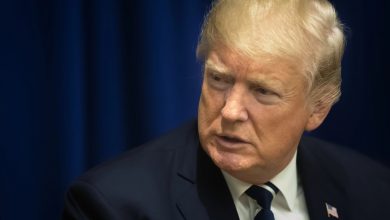Trump’s “Revenge Tax” Could Shake Retirement Portfolios As Foreign Investors Flee – Financial Freedom Countdown
Tucked into Trump’s massive new spending bill is a little-known proposal; Section 899 that is raising alarm bells across Wall Street.
Dubbed the “revenge tax,” it targets foreign investors from countries that levy what the U.S. deems “unfair taxes” on American companies.
What Is Section 899?
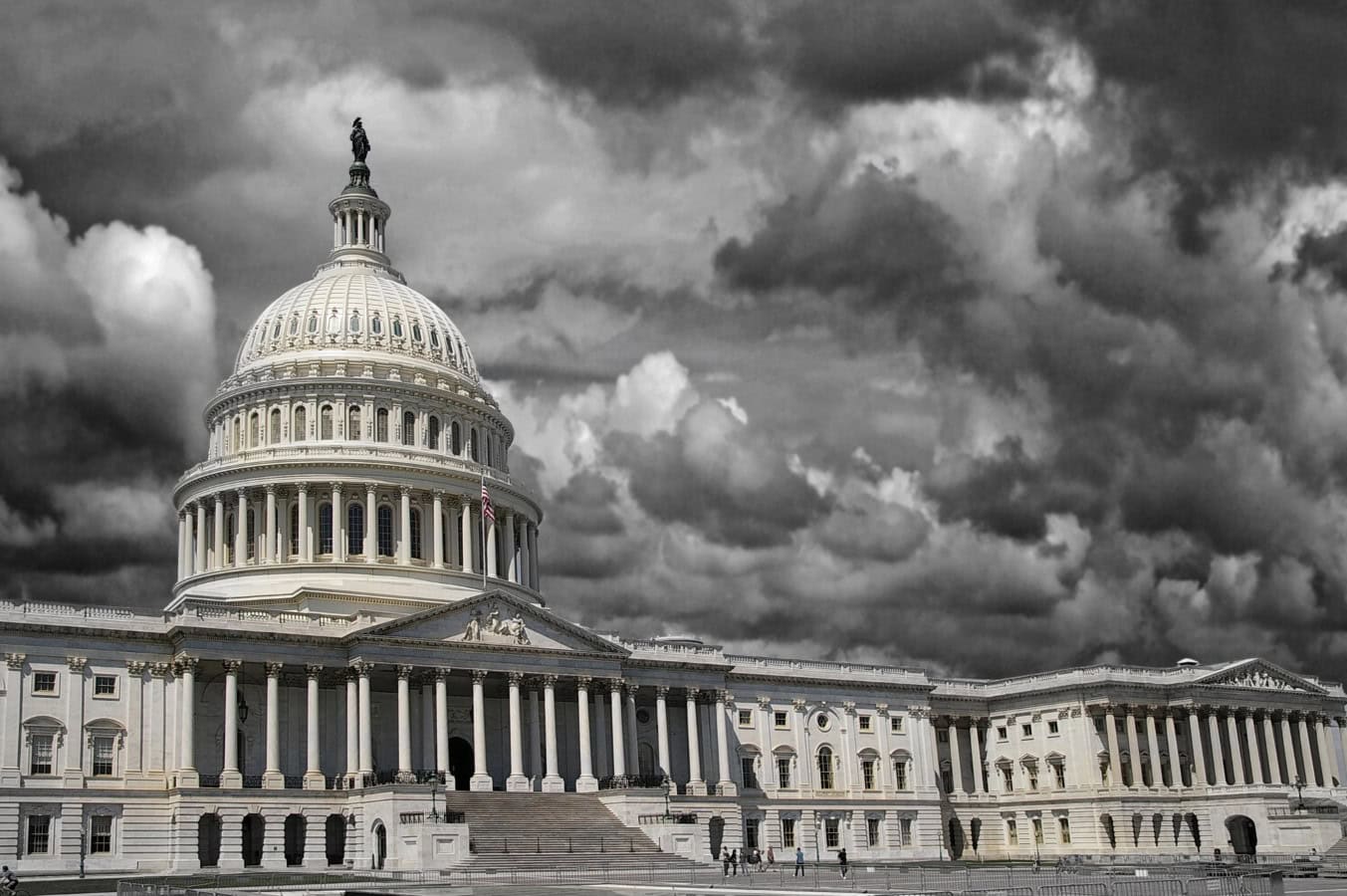
Section 899 allows the U.S. to raise taxes by 5% annually; up to 20%, on investors from nations with targeted tax policies.
That includes digital services taxes, undertaxed profit rules, and other levies mainly aimed at U.S. tech giants.
Who Could Be Hit First?
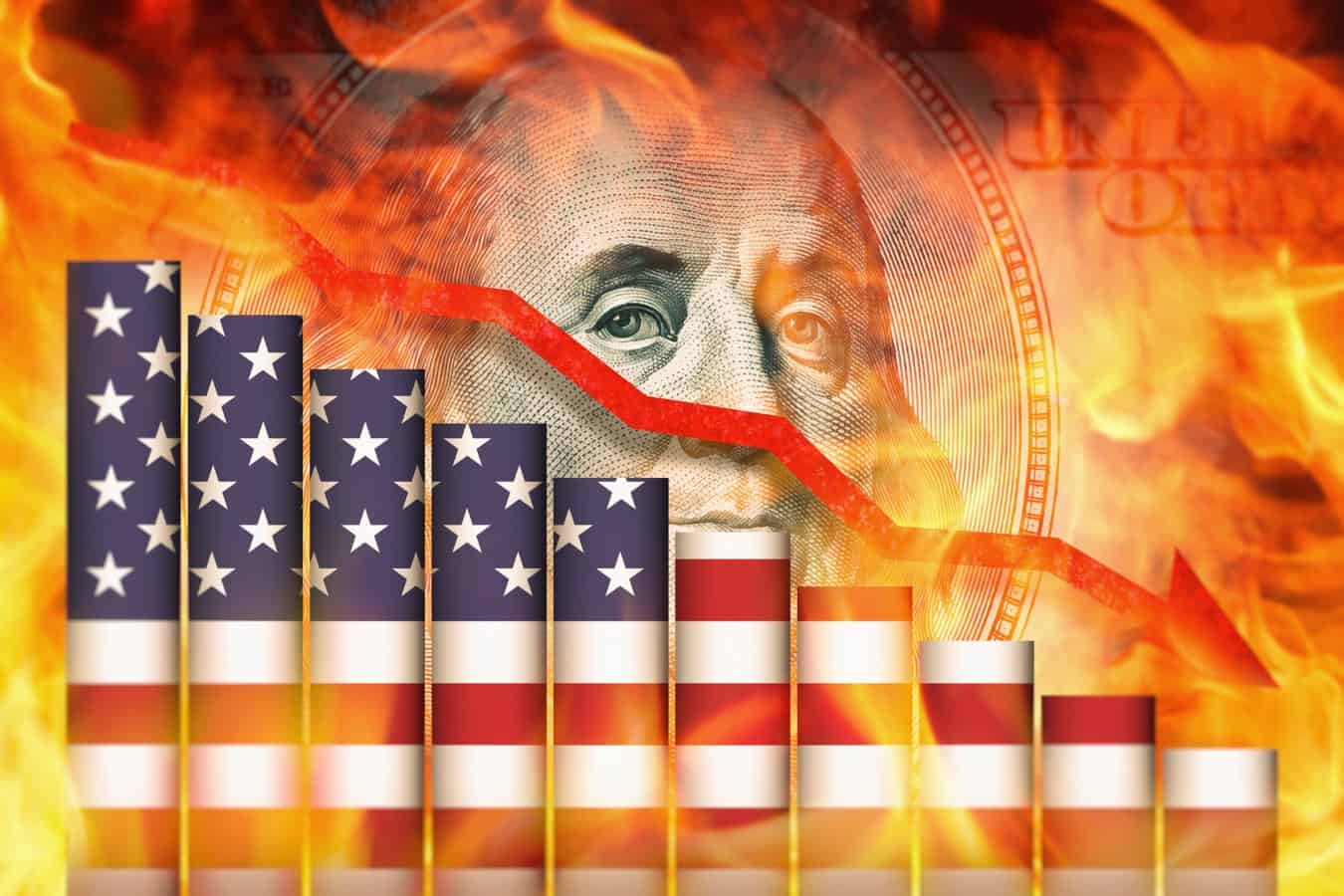
Foreign individuals, multinational firms, and sovereign wealth funds with holdings in the U.S. could all face steeper tax bills.
The policy is clearly designed to apply pressure; but investors fear collateral damage.
The Tax That Hits Close to Home

While framed as retaliation against foreign governments, Section 899 could ultimately hit U.S. markets. Foreign investors currently hold more than $60 trillion in American assets.
If even a small portion of that is withdrawn, it could trigger ripple effects.
Dividend and Rental Income at Risk

Unlike U.S. Treasuries, dividends, royalties, rental income could face up to 50% withholding under the new rules, depending on treaty status.
That could make U.S. equities and real estate far less attractive globally.
Why Wall Street Is Nervous

Analysts have warned that the measure could disrupt capital flows. Hedge funds, REITs, private equity, and even ordinary retail portfolios could see turbulence.
A Blow to Market Liquidity?

Wall Street says the provision is “written in a manner that could limit foreign investment to the U.S.”
Less foreign money means tighter liquidity and possibly lower asset prices; a scenario older investors know all too well.
Market Consequences Could Be Far-Reaching

The Joint Committee on Taxation estimates that while Section 899 might raise $116 billion over a decade, it could begin losing revenue after 2030 as foreign investment dries up.
That could pressure markets long-term.
History Repeating Itself?

Section 899 echoes a 1930s-era law, Section 891, which gave presidents the power to double taxes on countries overcharging Americans.
Back then, it was France. Today, it’s most of the developed world.
Capital Controls by Another Name?
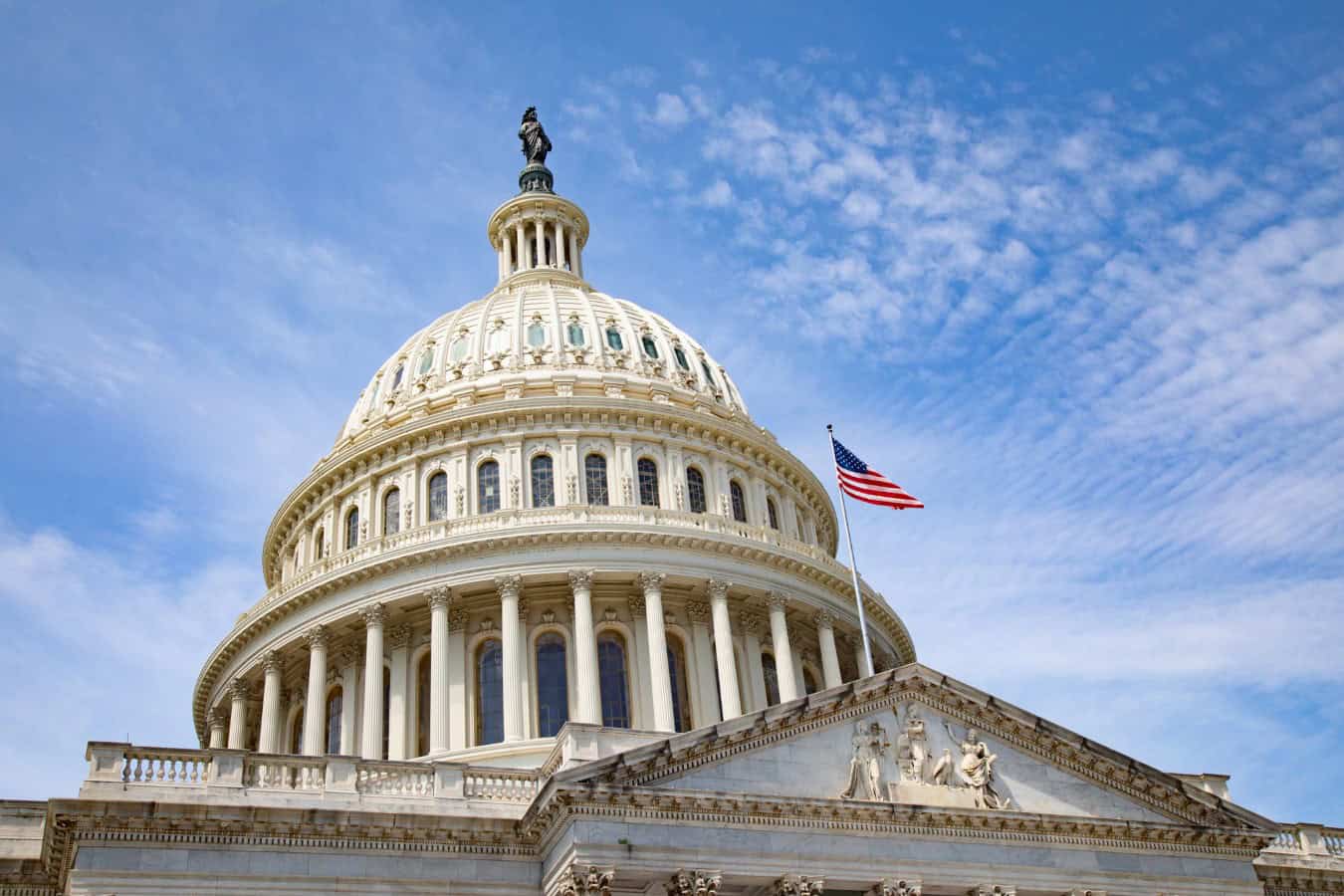
Some analysts see Section 899 as soft capital controls.
That’s raising red flags for investors who depend on open financial systems and stable rule of law.
The bill appears designed less to generate revenue and more to coerce global tax compliance.
International Backlash Brewing

Section 899 targets countries aligned with the OECD’s global tax harmonization plan, including nearly every U.S. ally: Britain, Canada, Australia, Japan, the EU, and more.
Relations could sour quickly.
Trump’s Anti-Globalization Turn Continues
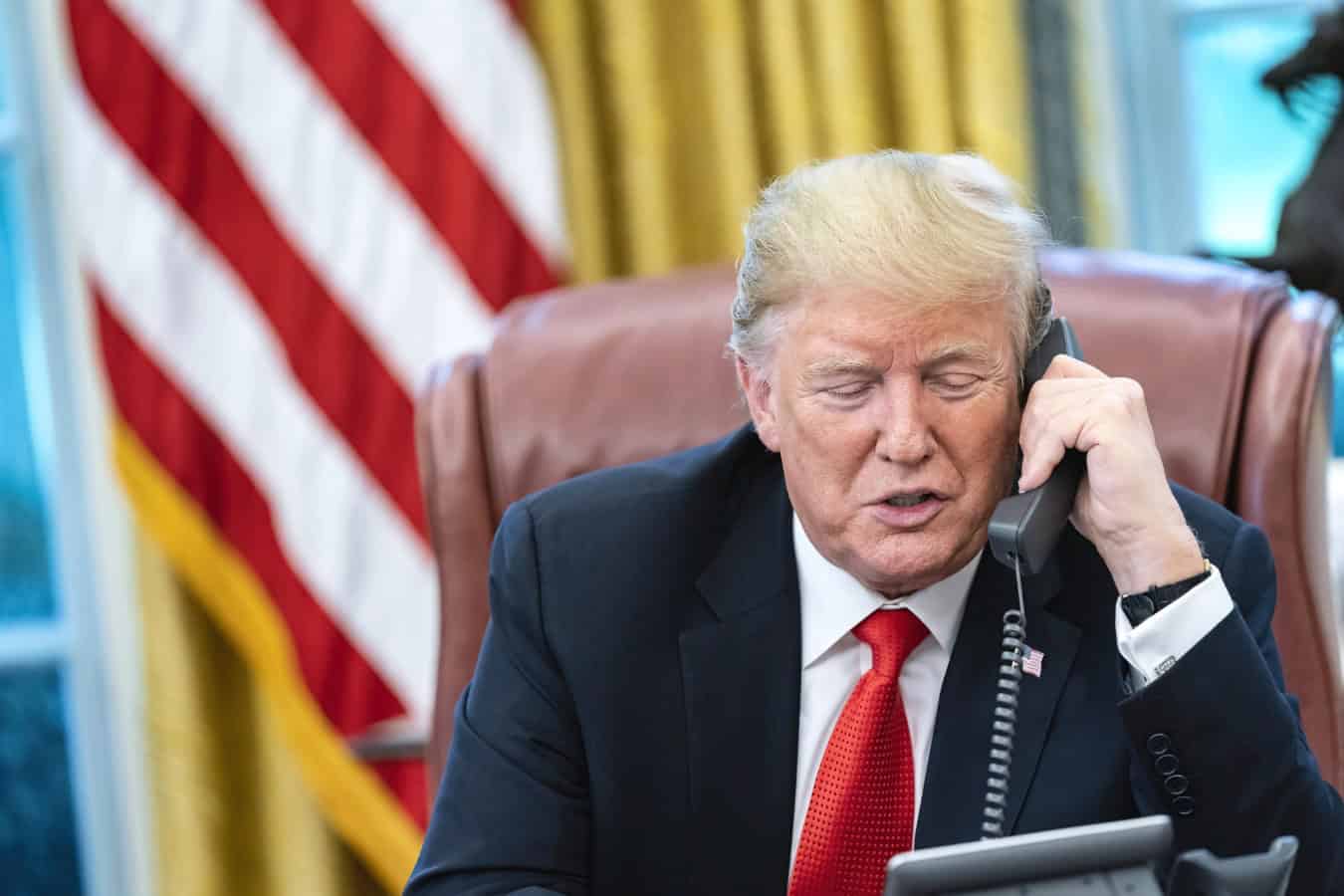
From tariffs to taxes, Trump’s agenda increasingly sidelines global integration.
For international investors; and Americans holding globally linked assets, that’s a growing concern.
Could This Hit Your Portfolio?
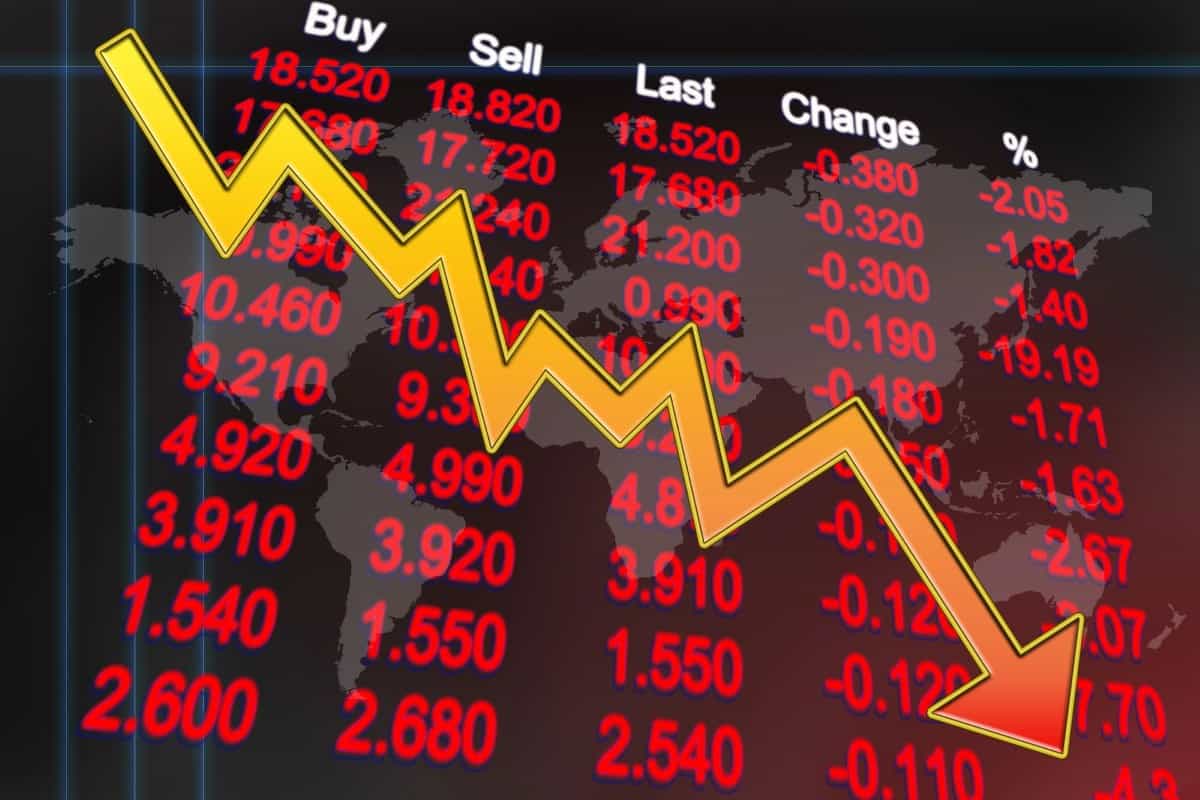
If you hold dividend-paying stocks, REITs, or royalty funds, Section 899 could impact valuation or income streams.
While interest income may be protected, that carveout isn’t ironclad. Capital gains is expected to be excluded.
Institutional Exit Risk

Pension funds, central banks, and sovereign wealth funds may reconsider U.S. exposure.
A sudden reallocation could spike volatility and reduce market depth; especially in sectors like real estate and infrastructure.
A Weak Dollar Complicates the Picture
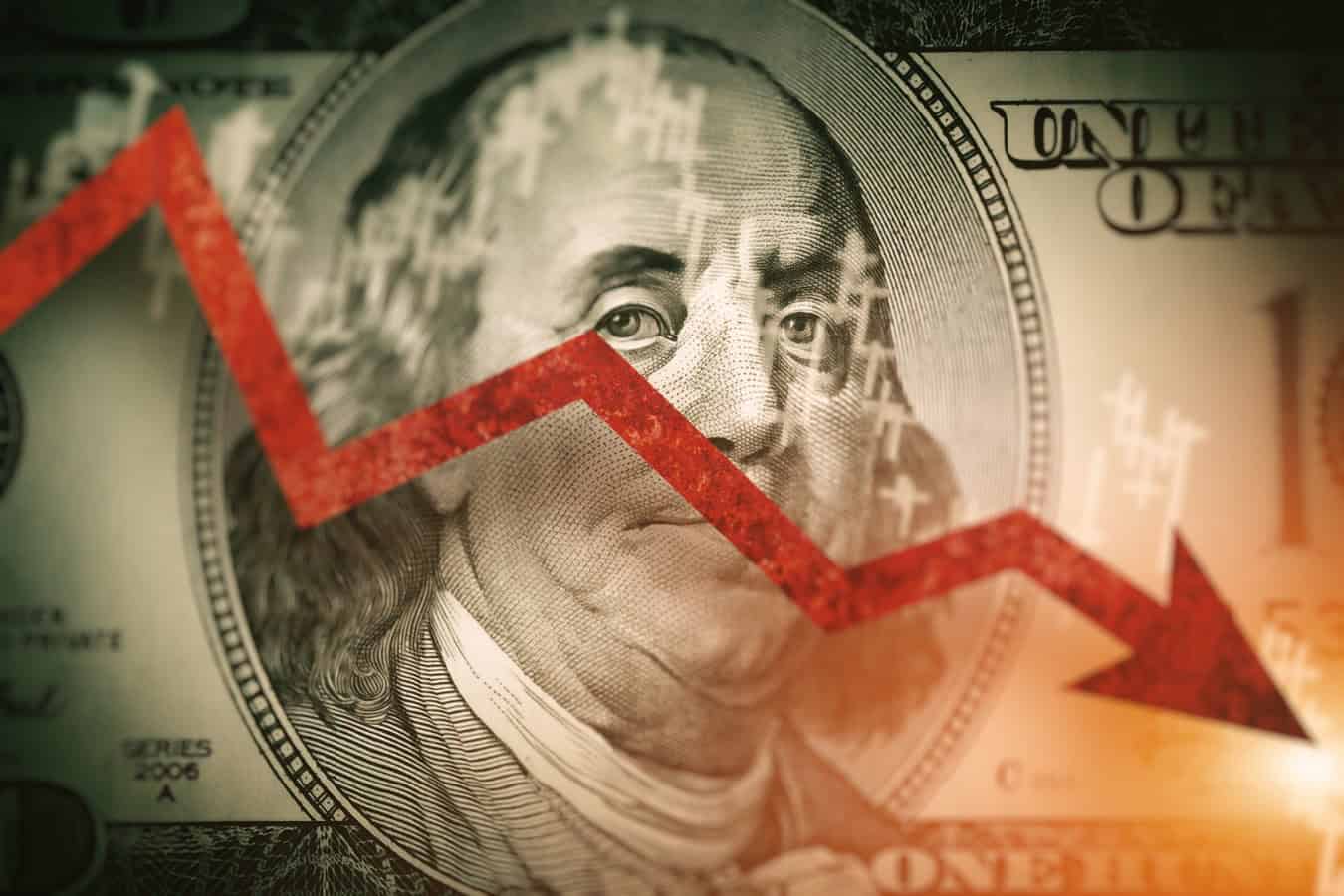
As the dollar continues to soften, any measure that dissuades foreign investment could accelerate its decline.
That might boost exports but harm purchasing power and retirement income for dollar-based investors.
Republicans Want Foreign Countries to Blink First
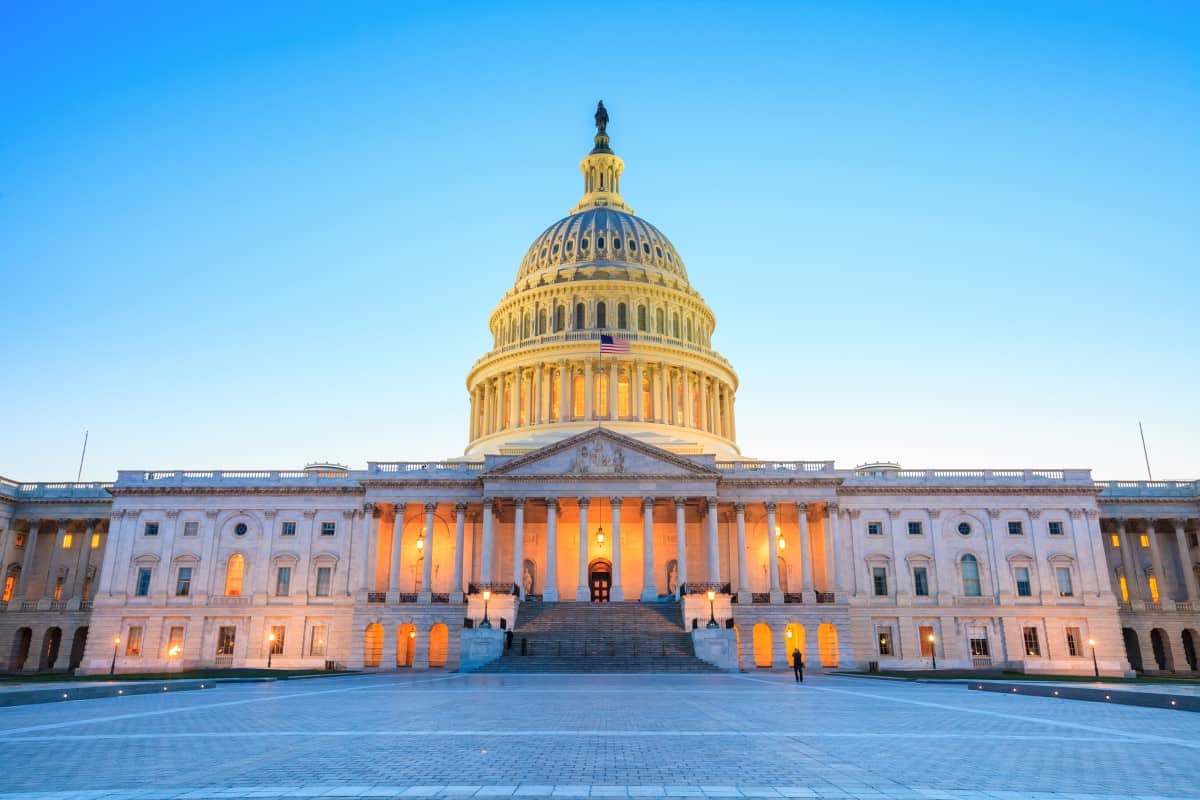
Markets thrive on predictability.
Section 899 introduces a new kind of uncertainty: tax retaliation tied to diplomatic spats. That’s not the kind of risk most investors priced in.
House Ways and Means Republicans view the tax as a way to push foreign countries to adjust their tax policies before the new tax is imposed.
Chairman Jason Smith of the House Committee on Ways and Means said, “President Trump is putting America first and standing up for Americans against foreign governments who want to tax our workers and businesses unfairly, kill American jobs, and hand China an advantage. The One, Big, Beautiful Bill provides President Trump with retaliatory countermeasures to use, consistent with his day one Executive Order to protect our economy from foreign taxes that unfairly target American workers and businesses. These countermeasures are precise and specific.”
Keep an Eye on Senate Negotiations
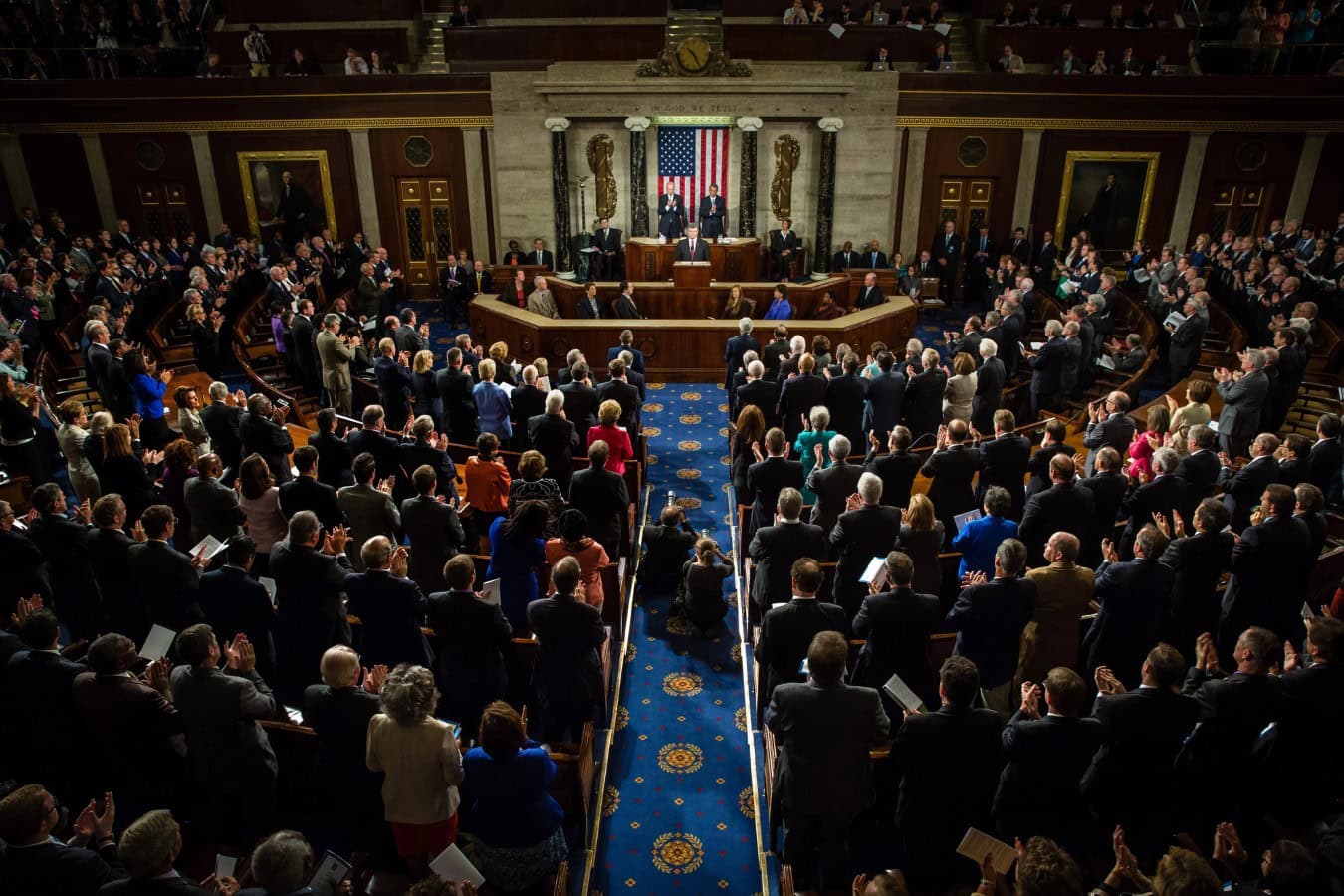
The Senate’s version of the bill could amend or drop Section 899 altogether. But with strong support among House Republicans, some version may survive. Investors should stay alert.
Republican Senator Thom Tillis, a key negotiator, said he expects a delay in Section 899’s rollout. That may give markets time to adjust or give opponents time to strip it out entirely.
A New Tax Provision Few Saw Coming
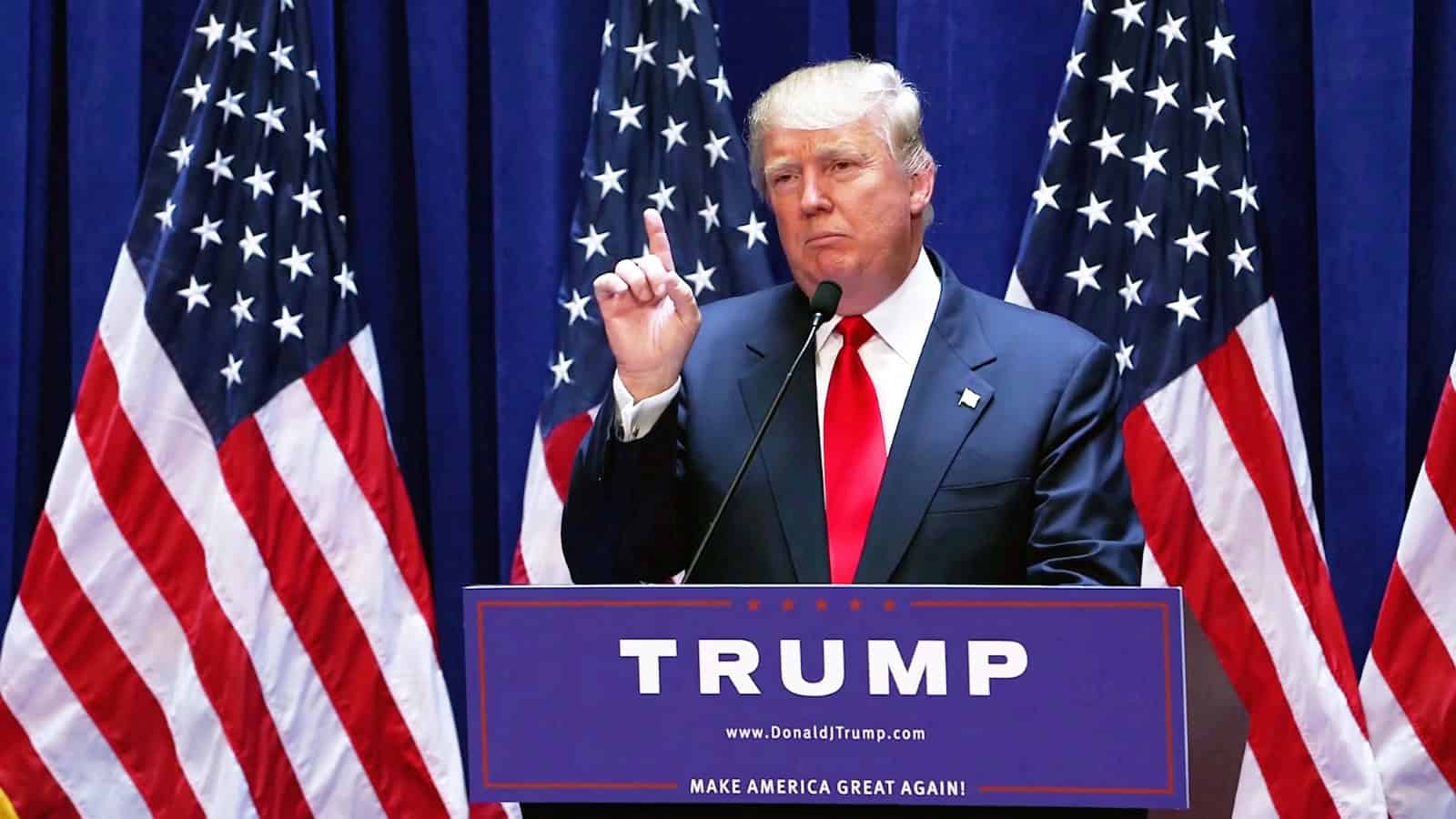
Section 899 might seem aimed at foreign governments; but it is investors, including Americans with investment exposure, who could get burned.
For those managing retirement portfolios or income-based strategies, the stakes are real as everyone waits to see how the Senate reacts.
Like Financial Freedom Countdown content? Be sure to follow us!

The Trump administration has temporarily halted plans to garnish Social Security benefits from borrowers who have defaulted on federal student loans. The Department of Education had originally announced in April that garnishments would resume May 5, ending a 5 year pause in collections. However, a reversal came just weeks later, with officials confirming on June 3 that no such offsets had been executed.
Trump Pauses Social Security Garnishments, Letting Student Loan Defaulters Off the Hook, For Now
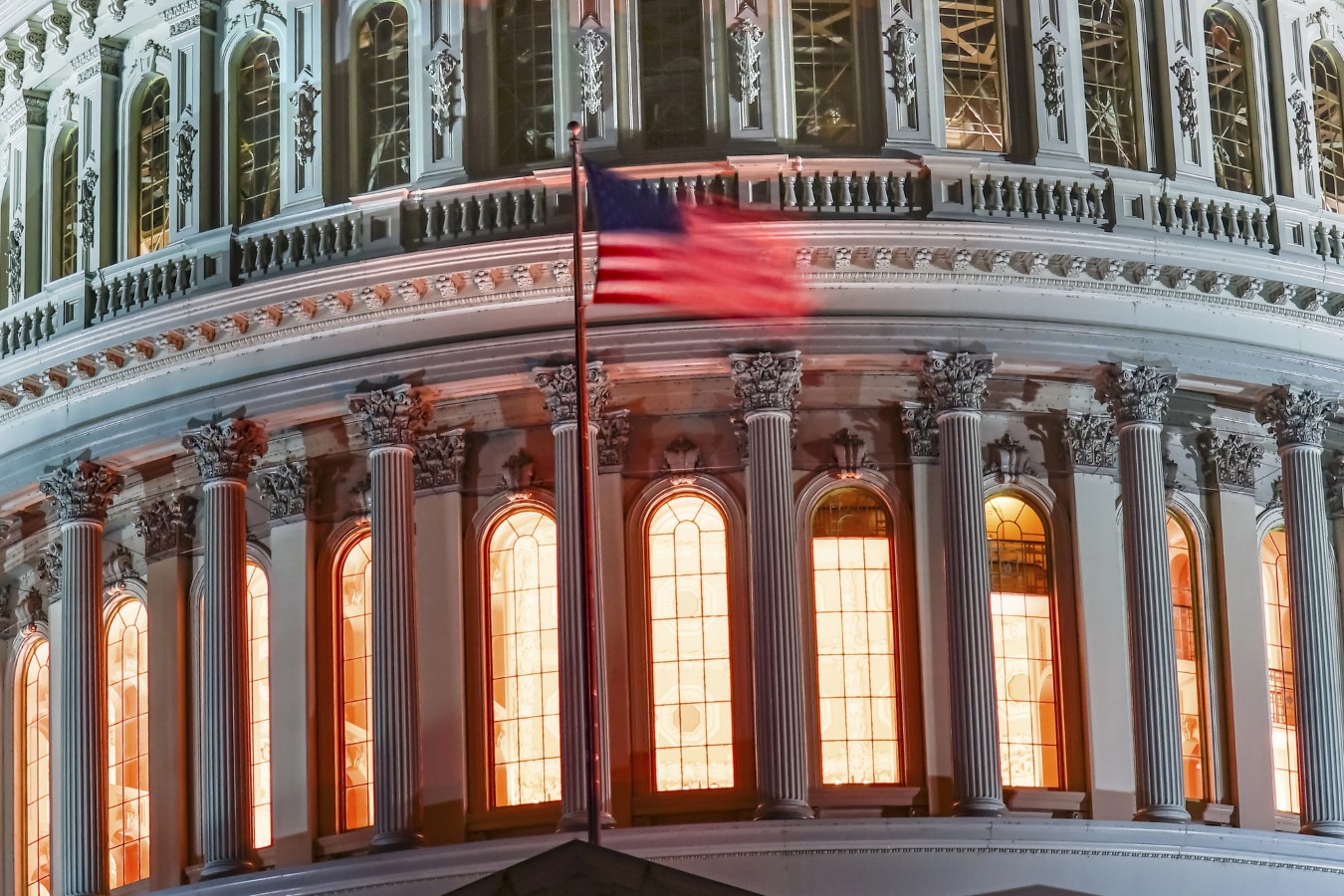
Donald Trump has made cutting taxes on Social Security benefits a centerpiece of his campaign to win over older Americans; but without Democratic support in the Senate, that promise is unlikely to become reality anytime soon. Republicans have introduced multiple bills in both chambers of Congress to eliminate federal taxes on retirement income, yet the legislation remains stuck, with little indication that Democrats will come on board. Democrats have introduced a bill in the Senate which is more far reaching than just focusing on elimination of Social Security Taxes, but it does not have bipartisan support with the Republicans. The impasse is especially frustrating to many retirees given that the last major bipartisan Social Security reform; wasn’t aimed at all seniors. Instead, it focused narrowly on improved benefits for certain government employees. While that change increased benefits for public workers, it left millions of everyday retirees still paying taxes on their hard-earned Social Security income. This legislative pattern has raised new questions: Why are across-the-board tax cuts for seniors stalling, while targeted relief for government workers drew swift bipartisan agreement?
Crypto in Your 401(k)? New Rule Opens the Door, But Retirees Should Think Twice

In a sweeping reversal of prior policy, the Department of Labor (DOL) has made it easier for employers to include cryptocurrency in workplace retirement plans. The agency rescinded 2022 guidance issued under the Biden administration, which had urged employers to exercise “extreme care” before offering crypto investments in 401(k)s. The new approach, led by Trump appointees, signals a shift toward a more hands-off regulatory stance.
Crypto in Your 401(k)? New Rule Opens the Door, But Retirees Should Think Twice

Did you find this article helpful? We’d love to hear your thoughts! Leave a comment with the box on the left-hand side of the screen and share your thoughts.
Also, do you want to stay up-to-date on our latest content?
1. Follow us by clicking the [+ Follow] button above,
2. Give the article a Thumbs Up on the top-left side of the screen.
3. And lastly, if you think this information would benefit your friends and family, don’t hesitate to share it with them!

John Dealbreuin came from a third world country to the US with only $1,000 not knowing anyone; guided by an immigrant dream. In 12 years, he achieved his retirement number.
He started Financial Freedom Countdown to help everyone think differently about their financial challenges and live their best lives. John resides in the San Francisco Bay Area enjoying nature trails and weight training.
Here are his recommended tools
Personal Capital: This is a free tool John uses to track his net worth on a regular basis and as a retirement planner. It also alerts him wrt hidden fees and has a budget tracker included.
Platforms like Yieldstreet provide investment options in art, legal, real estate, structured notes, venture capital, etc. They also have fixed-income portfolios spread across multiple asset classes with a single investment with low minimums of $10,000.
